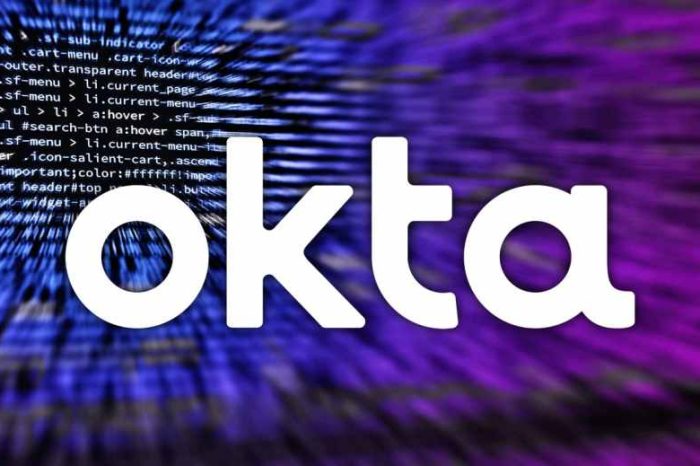Shein files for U.S. IPO as it gears up for global fashion domination

Shein has reportedly filed confidential paperwork with U.S. regulators to go public in the United States. The Chinese-founded fast-fashion giant, known for its affordable and trendy offerings, has recently been valued at $64 billion.
However, it is rumored to be eyeing a valuation of up to $90 billion for its anticipated initial public offering (IPO), slated to happen early next year, according to a report from CNBC.
Despite its most recent valuation of $66 billion, there is ongoing debate among Shein and its advisors about its current worth. The IPO, expected to occur in 2024, is influenced by factors such as market volatility and scrutiny from U.S. lawmakers regarding the company’s labor practices.
Shein’s rapid growth is expected to translate into impressive financials, with a projected revenue of $24 billion in 2023, up from $16 billion the previous year. Notably, the company is profitable, with an estimated EBITDA of $3 billion in 2023.
Several variables will impact Shein’s IPO valuation, including overall market conditions and investor demand for its shares. The company’s financial performance and sustained growth will be critical in determining the final valuation. While uncertainties remain, Shein’s robust trajectory suggests the potential for a valuation of $90 billion or higher.
Shein’s rapid ascent in recent years has been fueled by its appeal to global consumers, offering fashion-forward designs, an extensive product range, and remarkably affordable prices. However, the company is not without its share of controversies.
Allegations have emerged, accusing Shein of engaging in practices such as design theft and questionable labor and environmental policies. The company was accused of using forced labor in its supply chain, violating labor laws, causing environmental harm, and appropriating designs from independent artists.
Per the report, “The company is currently under investigation by the newly formed House Select Committee on the Chinese Communist Party and has faced scrutiny over its ties to Beijing. Numerous lawmakers, including 16 Republican attorneys general, have called on the SEC to ensure Shein isn’t using forced labor in its supply chain before it’s allowed to start trading in the U.S,” CNBC reported.
Founded in October 2008 in Nanjing, China, by entrepreneur Chris Xu, Shein initially operated under the name ZZKKO. Chris Xu’s expertise in search engine optimization (SEO) marketing played a pivotal role in the brand’s expansion, employing online marketing strategies to reach a broader audience.




